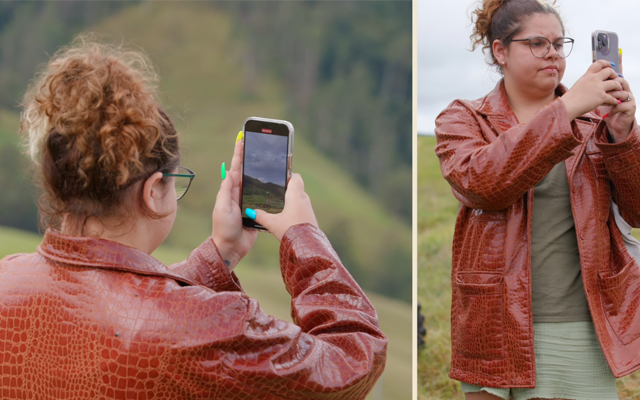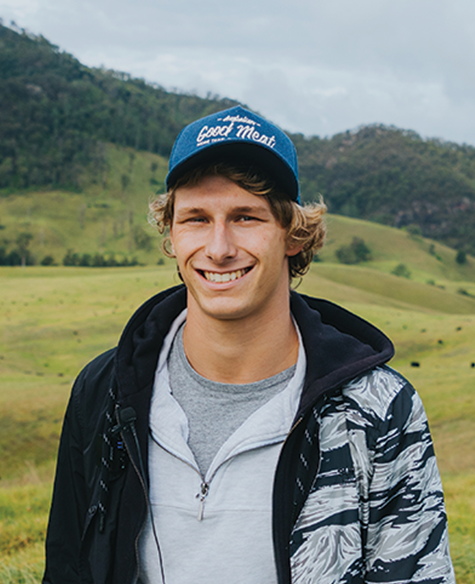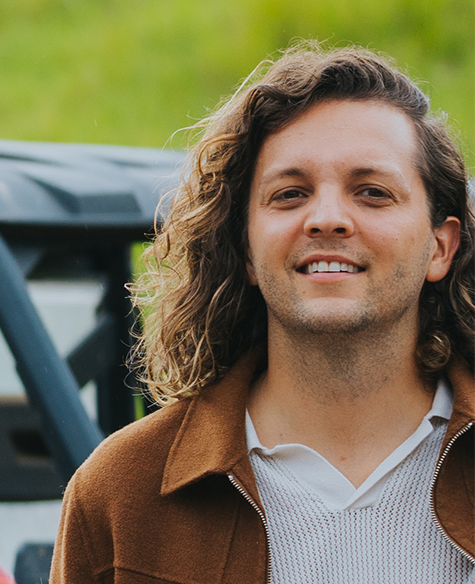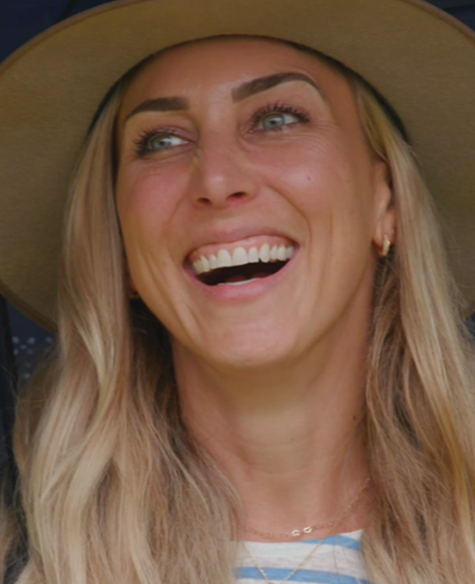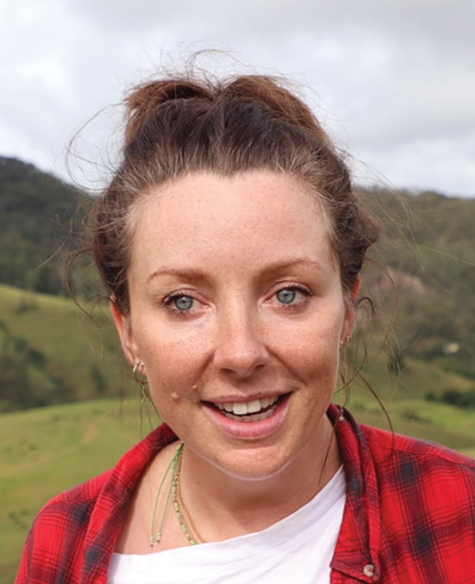Wait, what. There are no factories?
Nothing about her visit to an Aussie beef farm ‘Woko Station’ was what content creator Meissa Mason expected.
She didn’t know much about the red meat industry. Hadn’t really thought about it before.
She had a vague idea it was harmful to the environment. Or not great for the animals? Maybe that’s where the negative connotations around eating red meat came from?
Taking an open mind to the wide open land, the expectation of factory farming was the first misconception Meissa smashed.
Yarning to farm workers with 20 and 30 years of experience working in the industry, she smashed the second as she heard about the changes that have made the industry more sustainable.
Changes that mean 73% less water is needed for cattle to gain 1kg of weight than it did in 1985.
And what about animal welfare?
Cattle are social creatures, who thrive on companionship. So the farmers nurture their emotional needs as much as their physical. At 'Woko Station’ they have a ‘Mates for Life’ program where they are kept in the same group (herd) for life and not separated from their mates.
After all...cattle that graze together, stay together.
Meissa left satisfied, knowing the animals are well looked after.
“I do feel better, knowing that the cows are having a good life, and they’re really taken care of.”
But where did that leave those perceptions about eating red meat?
The answer might be found on Meissa’s social media, where she can be seen whipping up meals - including beef dishes - alongside her beauty and activism content.
“The meat industry isn’t even one of the biggest contributors to the climate crisis, but even then they’re still trying to do their part to lower it,” she said.


